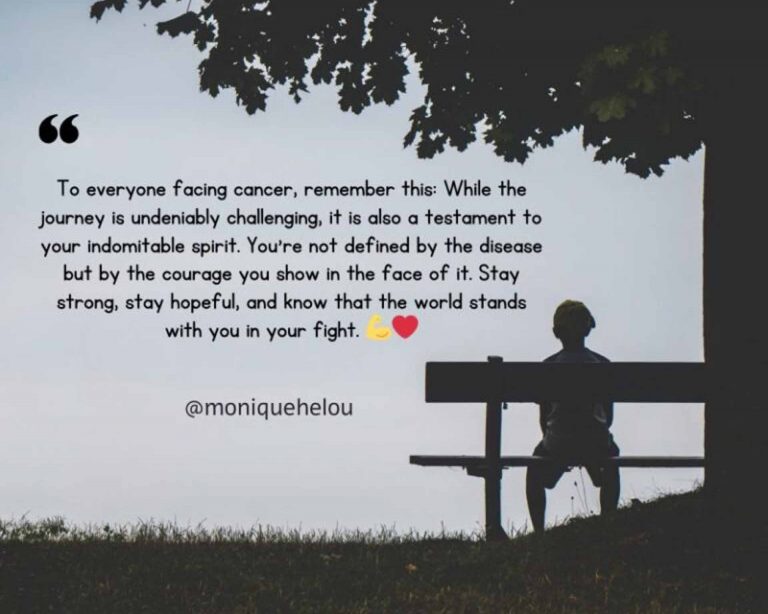Imagine an iceberg. Its icy crown, visible above the waterline, is what captures our attention. But beneath the surface, hidden from view, lies a substantial part of the structure. This analogy often holds true for teenagers grappling with depression. While we observe their daily interactions, achievements, and struggles, we may miss the more significant part – the silent mental battles they fight each day.
Depression among teenagers is more than occasional bouts of sadness or a rough patch. It’s a severe mental health issue that dramatically impacts their life, emotions, thoughts, behaviors, and overall well-being. Acknowledging and addressing this problem is a matter of utmost urgency. Let’s explore further the power of speaking up and why it’s critical for teenagers experiencing depression.
Facing the Invisible Enemy: Teen Depression
Depression is not selective. It does not discriminate based on age, gender, or socioeconomic status. According to the World Health Organization, depression is the fourth leading cause of illness and disability among adolescents aged 15-19.
Depression can manifest in various ways: incessant feelings of sadness, fatigue, or worthlessness; a loss of interest in activities they once enjoyed; difficulty concentrating; and even physical symptoms such as headaches or stomachaches. Tragically, these symptoms often get dismissed as standard teenage moodiness or growing pains. This lack of recognition and understanding exacerbates the problem, making it more challenging for teenagers to seek and receive the help they need.
Speak Up: The Power of Voice in Battling Depression
The wall of silence that frequently surrounds depression is the perfect breeding ground for it to thrive. To demolish this wall, the first and most crucial step is speaking up.
But why is speaking up so essential?
Early Identification and Intervention:
When teenagers start expressing their depressive feelings, it can lead to early identification and timely intervention, which can significantly improve mental health outcomes. It is the first step towards seeking professional help, getting an accurate diagnosis, and starting appropriate treatment.
Elimination of Stigma:
Open and honest conversations about depression can help eliminate the stigma attached to mental health issues. It fosters an environment of understanding and support, where teenagers feel comfortable discussing their mental health without fear of judgment or backlash.
Promotion of Understanding:
When teenagers speak about their struggles, it promotes understanding among their peers, parents, teachers, and society at large. Greater understanding can lead to increased support, empathy, and acceptance.
Development of Coping Mechanisms:
By voicing their experiences and emotions, teenagers can learn effective coping mechanisms. These coping strategies can range from mindfulness practices, exercise, maintaining a balanced diet, to engaging in hobbies or activities that they enjoy.
A Deep Dive into Coping Mechanisms:
Speaking up can open doors to therapy and counseling, where teenagers can learn and practice various coping mechanisms. Cognitive-behavioral therapy (CBT), for
instance, can help teenagers understand the link between their thoughts, feelings, and behaviors, empowering them to manage their symptoms better. Practices such as mindfulness and meditation can also provide effective tools for managing stress, reducing negative thought patterns, and promoting emotional well-being.
Furthermore, speaking up can also facilitate engagement in group therapy or support groups, where teenagers can connect with others who are experiencing similar challenges. This shared experience can foster a sense of belonging and understanding, which can be incredibly therapeutic and empowering.
An Appeal to Teenagers and Society:
If you’re a teenager battling depression, understand that your feelings are valid, and it’s perfectly okay not to be okay. Reach out, share your thoughts, seek help. Remember, you’re not alone, and things can indeed get better.
For parents, educators, and society as a whole, it’s essential that we foster an environment where teenagers feel safe and supported in expressing their mental struggles. Listen without judgment, offer support, and provide them with the resources they need. Together, we can break the silence and the stigma surrounding depression.
Depression may seem like an insurmountable mountain, but with courage, communication, and support, we can conquer it. Speaking up about depression is not a sign of weakness; it’s a testament to strength. And when we open the lines of communication, we pave the way for healing, understanding, and hope.
Microsoft Word – Breaking the Silence.docx
References:
- National Institute of Mental Health (2021). Teen Depression. Retrieved from https://www.nimh.nih.gov/health/publications/teen-depression/index.shtml
- World Health Organization (2019). Mental health of Adolescents. Retrieved from https://www.who.int/news-room/fact-sheets/detail/adolescent-mental-health
- Mayo Clinic (2020). Teen depression. Retrieved from https://www.mayoclinic.org/diseases-conditions/teen-depression/symptoms-causes/syc-20350985
- American Academy of Child & Adolescent Psychiatry (2021). Depression in Teens. Retrieved from https://www.aacap.org/AACAP/Families_and_Youth/Facts_for_Families/FFF-Guide/The-Depressed-Child-004.aspx
- Mental Health Foundation (2021). Stigma and discrimination. Retrieved from https://www.mentalhealth.org.uk/a-to-z/s/stigma-and-discrimination
- Mental Health America (2020). Peer Support: Why It Works. Retrieved from https://www.mhanational.org/peer-support-research-and-reports
- Child Mind Institute (2021). Helping Kids Who Struggle With Executive Functions. Retrieved from https://childmind.org/article/helping-kids-who-struggle-with-executive-functions/
- American Psychological Association (2020). Cognitive Behavioral Therapy. Retrieved from https://www.apa.org/ptsd-guideline/treatments/cognitive-behavioral-therapy







